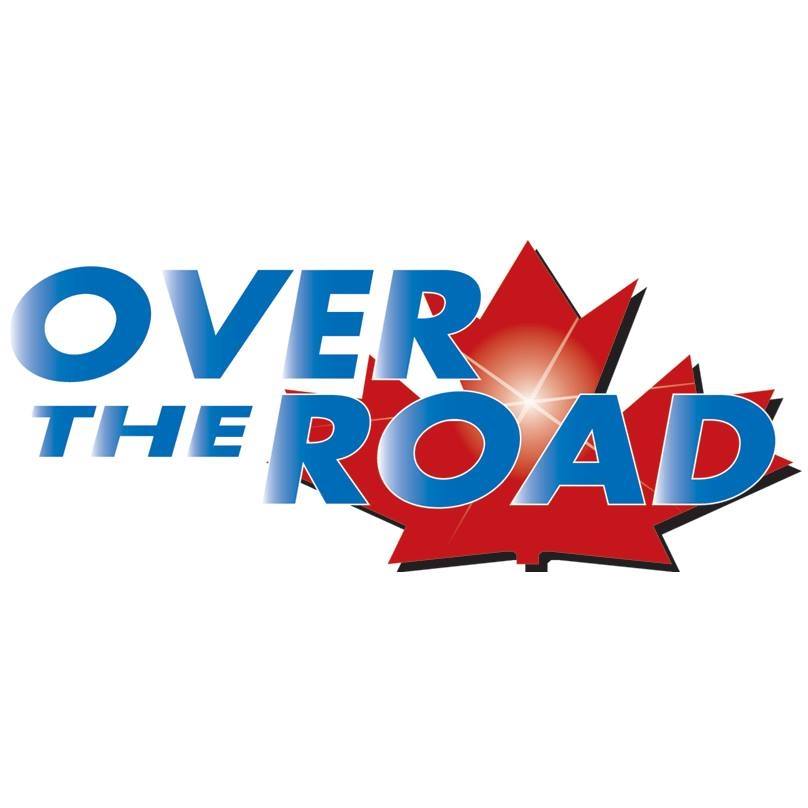Specking Your Taxes

Reducing your costs during a time of slim margins is the first smart thing operators do. Especially today, drivers who spec their trucks for 75 MPH just don’t reflect smart business sense (regardless of speed limiter legislation). When oil was $10-15 per barrel nobody cared, but today it’s nearly certain financial suicide. A lease/owner operator must think business minded now more than ever before. Bells and whistles can sometimes become death and destruction.
Smart operators are still making money. They’re still doing ok because they thought ahead to most all the risks and pitfalls then devised a plan to minimize or even eliminate them.
When an operator is thinking about upgrading their equipment they should be considering fuel economy as their primary concern. Aerodynamics, engine make, engine size, gear ratios, tire size and even tire tread are all critical questions to answer when specking for fuel consumption. It’s critical because an operator will be stuck with their choice of equipment for years to come. A one time decision will result in years of satisfaction or years of suffering. Thinking ahead is just smart business.
Thinking ahead for your taxes is also a smart business choice. Too many drivers still have “off the lot” mentality when it comes to taxes. They think that, at the end of the year, taxes are what they are. When they drop off their shoebox full of statements and receipts they think there is no other result than the tax bill presented. This is how they’ve always done it. I hate to break it to them harshly but that’s just not true. It is no truer than specking a truck for 75 MPH and saying fuel consumption “…is what it is”.
The Canadian Tax system is complex. It is sometimes written in vague terms that are subject to considerable interpretation. It is what keeps the accounting industry hustling. One example that applies to the trucking industry is meal expenses. The Income Tax Act says a business can deduct “a reasonable amount” of meal expenses. The Tax Law does not mention ANY number. It is the mandate of Canada Revenue Agency to determine what that amount is. Once CRA determines that maximum number for the year (or time period) it is assumed by the citizens and the tax courts to be fare, just and universal. However, this is where confusion and controversy arises.
CRA allows several different systems of reporting business income. Each system has subsequent rules assigned and the bottom line results can vary significantly. In my book “Making Your Miles Count: taxes, taxes, taxes” it shows a difference of 926% from one system to another. That represents a tax difference to operators of $4-8,000+ per year. The difference is how expenses are reported and presented to CRA.
Let me give you what I consider an extreme example of difference in reporting and presenting. Singleton vs. Canada 2001 2 S.C.R. 1046, 2001 SCC 61. A lawyer took $300,000 capital out of his partnership and bought a house, then (the same day) he took out a mortgage for $300,000 and BORROWED that money to his law practice. He reported the interest on his personal home mortgage as “tax deductible”. CRA audited his return and rejected the interest. The first time I heard of the case I didn’t think the guy had a chance, it appeared to be an obvious paper shuffle. However, the Supreme Court of Canada held up the appeal. The interest was deductible. This is what the Court said:
“…Taxpayers are entitled to structure their transactions in a manner that reduces taxes, the fact that the structures may be complex arrangements does not remove the right to do so… It is irrelevant that… the respondent structured the transaction for tax purposes…Since fairness requires that the same legal principles must apply to all taxpayers, irrespective of their status as natural or artificial persons…”
It is the right of every Canadian to minimize their taxes, how they do so is up to them or their accountant and requires research into specking or reporting their income and expenses accordingly.
Incorporation is the key to redefining expenses but just incorporating is not enough. There needs to be an employer employee agreement and proper cash and paper flow to support the new system. Once an operator has been in the system for 2-6 months it becomes an easy monthly set of transactions that save $4-8,000 in annual taxes and no meal receipts needed. It’s not for the numerically challenged or the paper averse operator but compared to applying the hours of service to log books it’s a piece of cake. Ultimately it’s just a matter of time for learning.
Unfortunately, coast to coast, the ones putting up the most resistance are accounting firms who don’t seem to want to train operators to follow the system. Those who are there to protect and serve their clients seem reluctant to save them money also. Talking to them across Canada their responses fall into several broad categories: enthusiastic and eager, accepting but not willing to change, or hesitant and even skeptical without an “advanced ruling” (something Don Wilkenson would never have received). There is a whole chapter on “Choosing an Accountant” in my book, it may be best to read it so you can speck next year’s taxes.
The industry is changing fast, those who find the right answers ahead of time will be prepared for the future.
Robert D Scheper operates an accounting and consulting firm in Steinbach, Manitoba. He has a Masters Degree in Business Administration and is the author of the Book “Making Your Miles Count: taxes, taxes, taxes”. Look for it at select truck stops across Canada. You can find him at www.thrconsulting.ca or 204-326-5782
